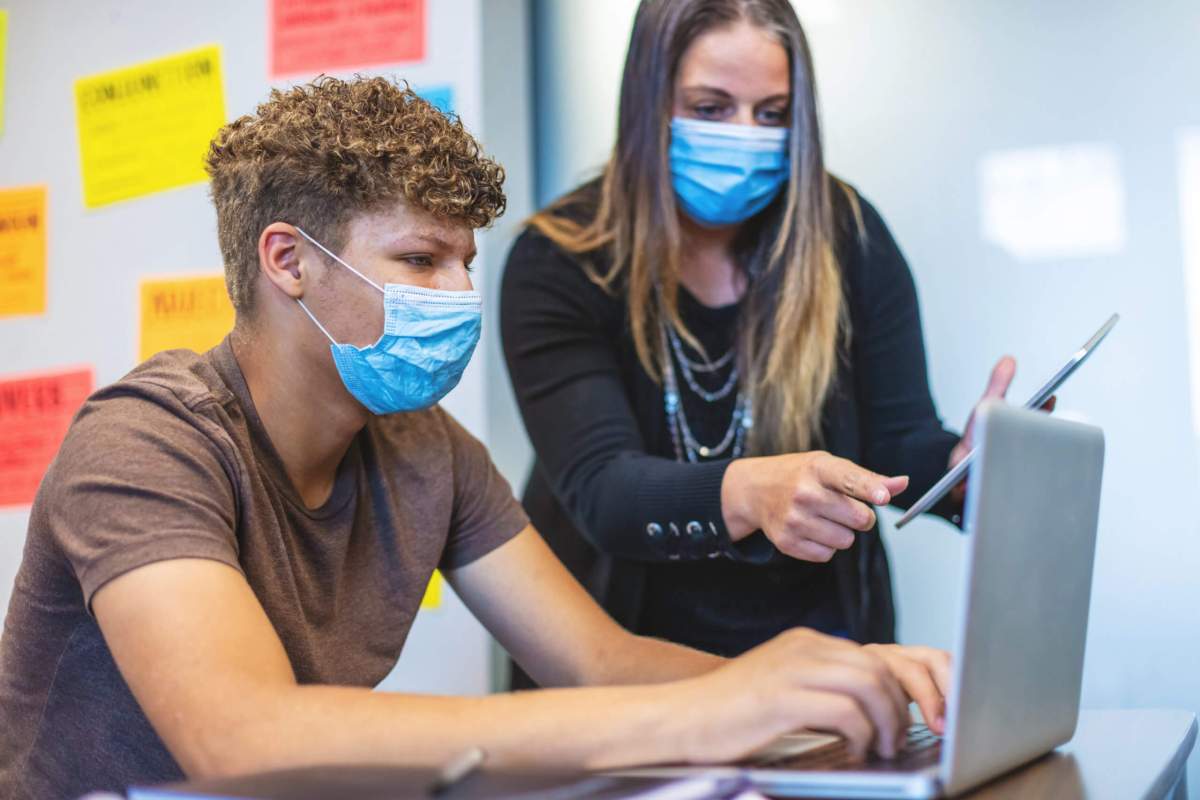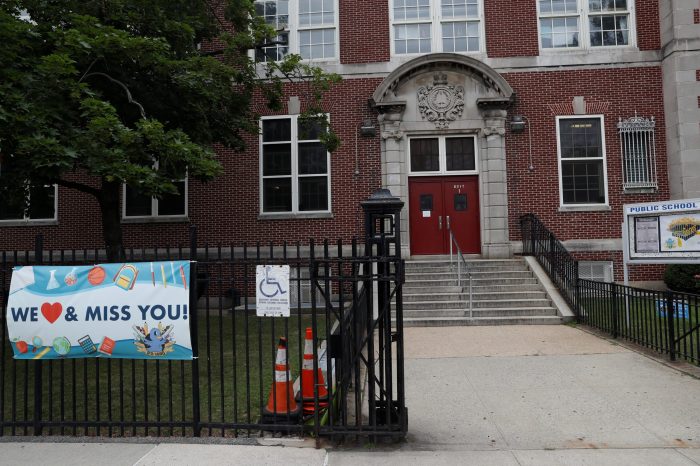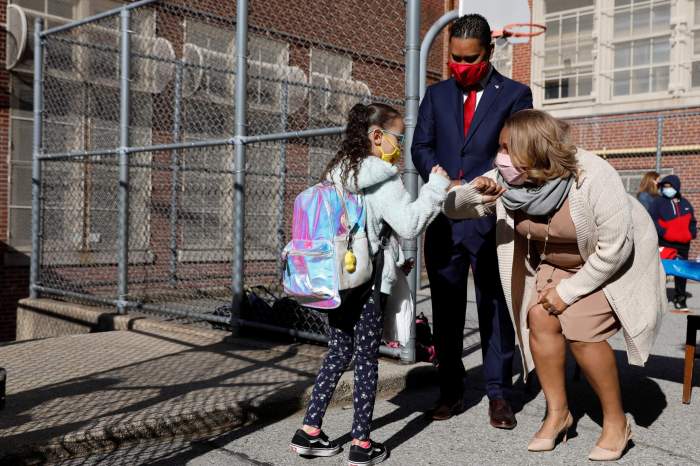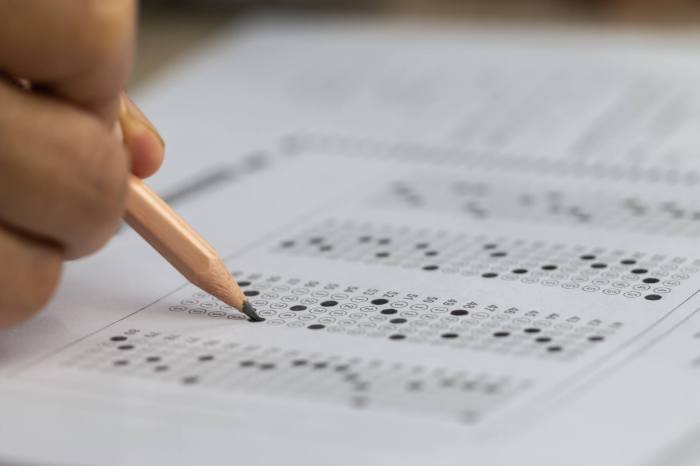Mayor Bill de Blasio’s proposed $98.6 billion budget will allow for the city’s teacher recruitment efforts to return to pre-pandemic levels, officials said Wednesday.
Last year, city officials had to cut down the number of new teacher recruitments to 75 due to financial hurdles created by the pandemic. Thanks to the help of federal stimulus funds boosting the city budget, the Teaching Fellow Fall cohort will be made of 900 recruits.
In addition, the city is bringing on 300 new school paraprofessional trainees after capping last year’s cohort to 25 and launching a new substitute teacher training pilot program to train 25 current substitutes to work in District 75 schools which serve the city’s most severely handicapped children.
Officials said Wednesday the funds will also allow the city to fully restore the New York City Teaching Collaborative which recruits and trains mid-career teachers to work in high-need communities.
“New York City teachers put their hearts and souls into the work of supporting and inspiring our students, no matter the circumstances,” said Schools Chancellor Meisha Ross Porter. “They are the cornerstone of our school communities and we always, but especially now during Teacher Appreciation Week, recognize their hard work and dedication.”
In total, new federal relief funds allowed the city to hire 1,250 new school teachers and paraprofessionals bringing the total number of pipeline participants to 2,000 for the 2021-22 school year, an increase of about 500 from last year. In addition, another 800 pipeline program members will start training this fall and begin to work in the city’s public schools next year.
The city’s pipeline programs are also an effort to help increase diversity among school staff. About 75 of new hires in pipeline programs this year teachers of color, an increase of five percent from last year’s cohorts. The bulk of pipeline graduates end up serving vulnerable students across the city. About 66% of last year’s graduates became secondary special education teachers, according to the DOE.



































